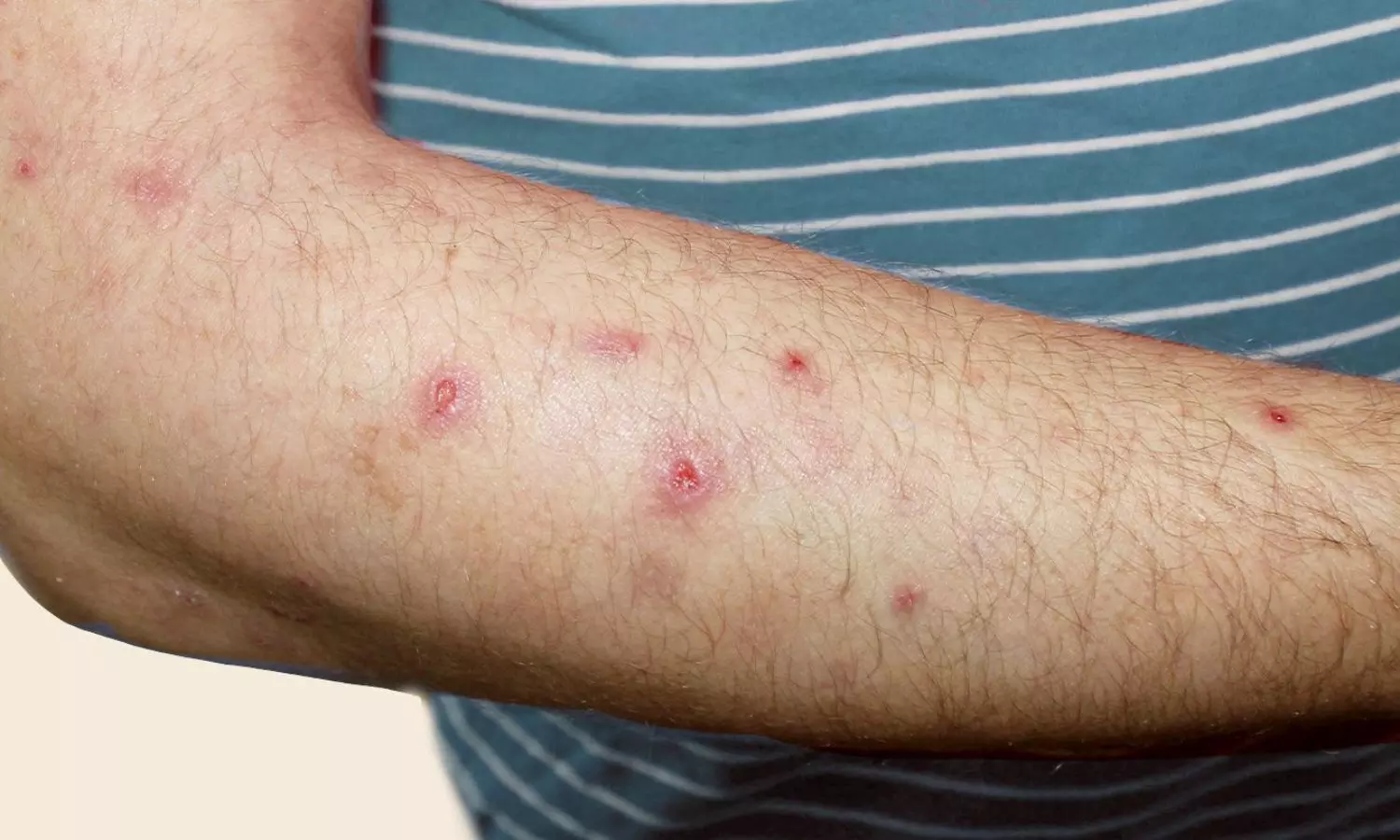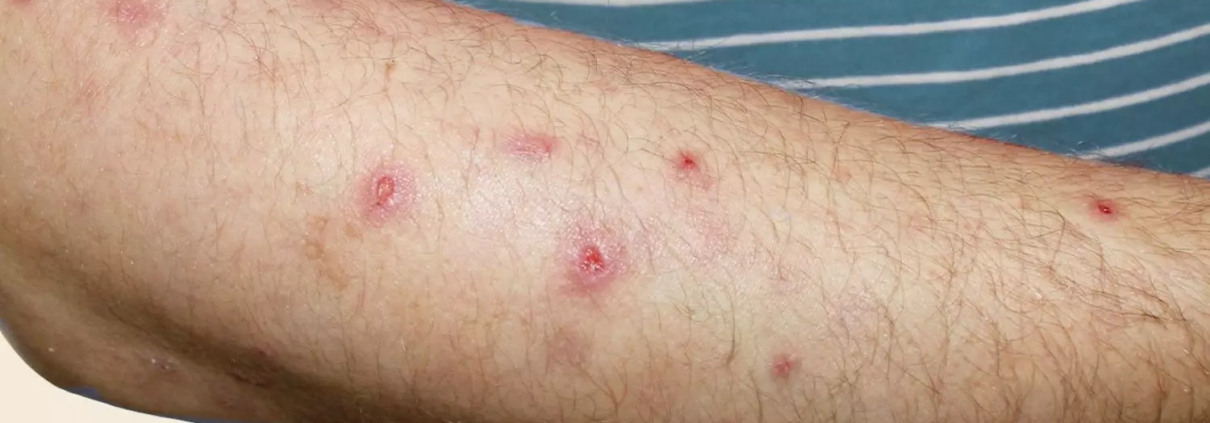Prurigo Nodularis Linked to Sleep Disorders and Increased CV Risk: Study Finds

USA: Recent research published in the Archives of Dermatological Research indicates that individuals with prurigo nodularis (PN) are at a significantly higher risk of developing sleep disorders, which are associated with elevated C-reactive protein (CRP) levels and an increased risk of cardiovascular disease.
“Patients with sleep disorders are more likely to develop type 2 diabetes, metabolic syndrome, myocardial infarction, and venous thromboembolism, along with a higher mortality risk (HR 1.47),” the researchers reported.
Prurigo nodularis is a chronic skin condition characterized by intensely itchy, nodular lesions that significantly impact quality of life. Recent studies have increasingly linked PN with systemic complications, particularly sleep disturbances and cardiovascular risk factors. Elevated levels of C-reactive protein, a marker of inflammation, are often associated with cardiovascular disease. Understanding the connection between sleep disturbances in PN patients, CRP levels, and cardiovascular risk is critical for early intervention and treatment.
Against the above background, Shawn G. Kwatra, Maryland Itch Center, University of Maryland School of Medicine, Baltimore, MD, USA, and colleagues aimed to assess the risk of sleep disorders in prurigo nodularis patients and explore their connection to systemic inflammation and negative cardiovascular outcomes.
For this purpose, the researchers conducted a retrospective population-level cohort study using a global health records database to evaluate the development of sleep disorders, CRP levels, and the risk of cardiovascular disease and mortality in patients with PN compared to control groups.
The following were the key findings of the study:
- PN patients had an increased risk of general sleep disorders (RR 1.47).
- They also showed higher risks of specific sleep disorders, including obstructive sleep apnea (RR 1.61), insomnia (RR 1.37), hypersomnia (RR 1.47), and restless legs syndrome (RR 1.45).
- PN patients with sleep disorders had higher CRP levels compared to those without sleep disorders (16.2 mg/L vs. 10.6 mg/L).
- PN patients with sleep disorders were at a greater risk of developing cardiovascular comorbidities, including type 2 diabetes mellitus (RR 2.45), metabolic syndrome (RR 4.16), myocardial infarction (RR 2.87), and venous thromboembolism (RR 2.93).
- They also exhibited a higher risk of mortality (HR 1.47) compared to PN patients without sleep disorders.
Our findings indicate that prurigo nodularis patients have an increased risk of developing multiple sleep disorders, which are linked to negative cardiovascular outcomes.
“The multi-center study offers critical insights into the link between sleep disturbances, elevated CRP levels, and cardiovascular risk among prurigo nodularis patients. With targeted interventions, clinicians may reduce systemic complications and improve patient outcomes, emphasizing the need for comprehensive, multidisciplinary care strategies,” the researchers concluded.
Reference:
Ma, E.Z., Parthasarathy, V., Lee, K.K. et al. Elevated C-reactive protein levels and cardiovascular risk in prurigo nodularis patients with sleep disturbance: a multi-center cohort study. Arch Dermatol Res 317, 87 (2025). https://doi.org/10.1007/s00403-024-03566-0



